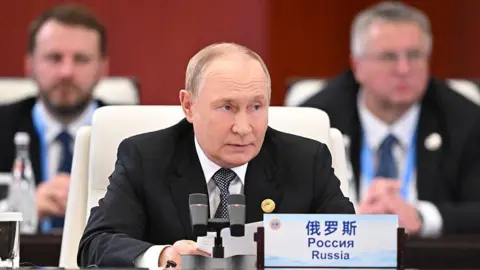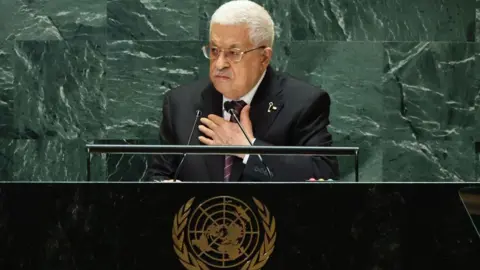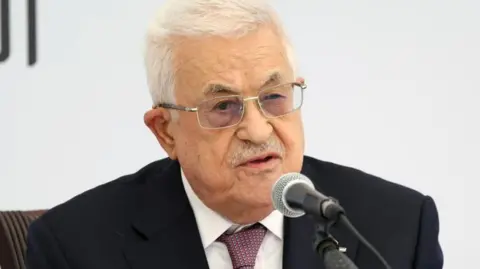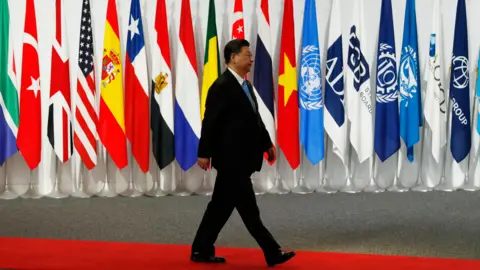The move by France has been anticipated for weeks, initially postponed due to geopolitical tensions involving Israel and the US. Macron, renowned for his bold international diplomacy, is seeking to galvanize support among other nations to advance the recognition of Palestine, positing a joint effort with the UK as a significant catalyst—the recognition from two permanent members of the UN Security Council would demonstrate serious commitment.
While Macron advocates this as a pathway to peace and a revival of diplomatic efforts in the region, Starmer's government remains cautious. The UK has historically shied away from recognizing Palestinian statehood, fearing repercussions from key allies like the US and Israel, who view such a gesture as a potential endorsement of terrorism. Officials within the UK argue that recognition should play a role in a broader political framework aimed at a sustainable resolution, not merely serve as a political gesture.
This reluctance is compounded by a political landscape in the UK where domestic pressures loom large. With parliamentary calls for recognition intensifying, Starmer faces growing dissent from both backbenchers and retired diplomats, potentially jeopardizing his administration if he opts to remain stagnant. Recently articulated sentiments from various Cabinet members, including Health Secretary Wes Streeting, highlight internal disagreements, with some advocating for the immediate recognition of Palestine.
While Macron's announcement could signal diplomatic momentum, Starmer's response is pivotal. Failing to act could result in significant political fallout, including potential rebellions among his party ranks and questions surrounding his leadership. With more than 140 countries already recognizing Palestine as a state, including recent additions like Ireland and Spain, the future of this recognition remains uncertain, but one thing is clear: Starmer's next steps will shape the UK's diplomatic stance for years to come.
As both nations navigate this complex issue, the global community watches closely, waiting to see if the UK will align with France's position or forge its own path concerning Palestinian recognition.
While Macron advocates this as a pathway to peace and a revival of diplomatic efforts in the region, Starmer's government remains cautious. The UK has historically shied away from recognizing Palestinian statehood, fearing repercussions from key allies like the US and Israel, who view such a gesture as a potential endorsement of terrorism. Officials within the UK argue that recognition should play a role in a broader political framework aimed at a sustainable resolution, not merely serve as a political gesture.
This reluctance is compounded by a political landscape in the UK where domestic pressures loom large. With parliamentary calls for recognition intensifying, Starmer faces growing dissent from both backbenchers and retired diplomats, potentially jeopardizing his administration if he opts to remain stagnant. Recently articulated sentiments from various Cabinet members, including Health Secretary Wes Streeting, highlight internal disagreements, with some advocating for the immediate recognition of Palestine.
While Macron's announcement could signal diplomatic momentum, Starmer's response is pivotal. Failing to act could result in significant political fallout, including potential rebellions among his party ranks and questions surrounding his leadership. With more than 140 countries already recognizing Palestine as a state, including recent additions like Ireland and Spain, the future of this recognition remains uncertain, but one thing is clear: Starmer's next steps will shape the UK's diplomatic stance for years to come.
As both nations navigate this complex issue, the global community watches closely, waiting to see if the UK will align with France's position or forge its own path concerning Palestinian recognition.





















